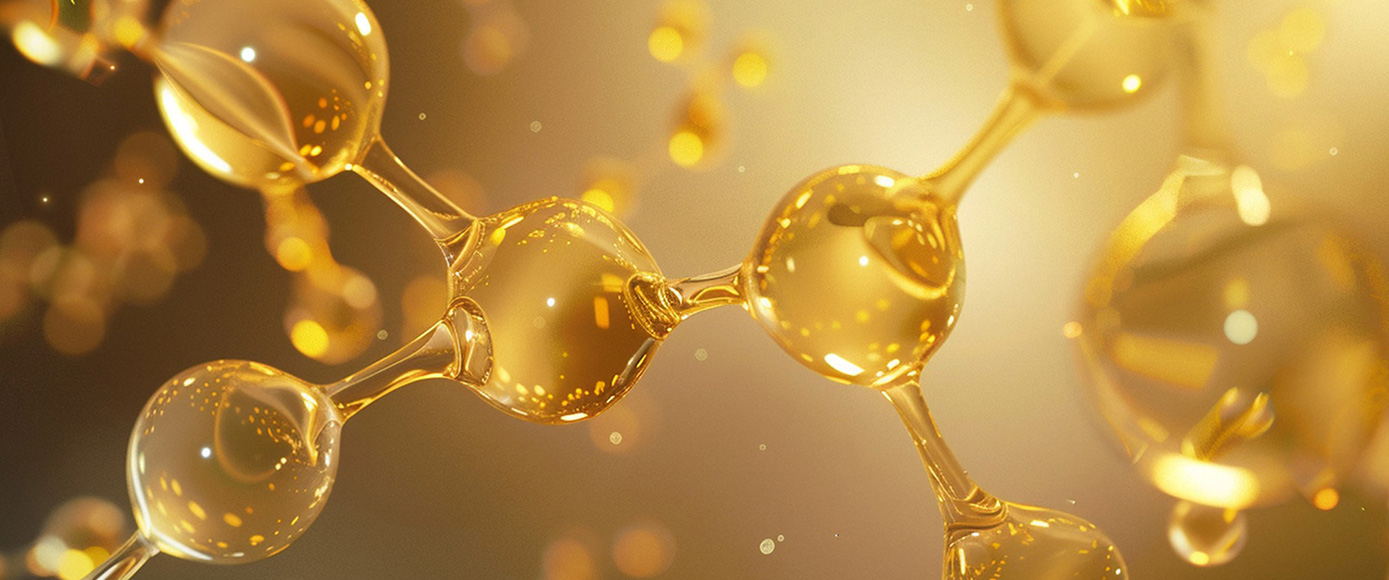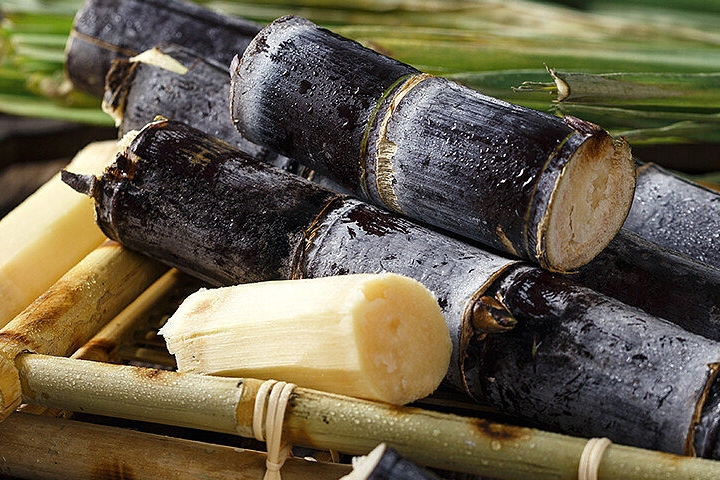Alcohol in cosmetics
Time : 2025/4/9 14:57:34
 What is alcohol in cosmetics?
What is alcohol in cosmetics?
Alcohol has several roles in cosmetics: acting primarily as a solvent, a preservative, and an astringent. It serves as a solvent to dissolve the other additives when applied to make application easy and provide the cosmetic product with a fine texture and smooth feel. As a preservative, alcohol inhibits products from spoiling early by hindering the growth of microbes. It contains an astringent property in some cosmetics to tighten the skin and restrict excess oil and is therefore ideal for use on people with oily or acne-prone skin. Some alcohol dries the skin and therefore most manufacturers adopt milder versions so that there is no skin irritation.
Where does it come from?
Alcohol is used extensively in cosmetics and is derived from various sources through fermentation or chemical synthesis. Ethanol is the most commonly used form and is made by fermenting plant sugar derived from sources like corn, sugarcane, or grains. The sugar is converted to alcohol through yeast fermentation. Another type used in cosmetics is isopropyl alcohol and is made from propylene, an artifact of petroleum processing. Based on the function and type of cosmetic being made, the type and source may vary, but natural and synthetic sources are used extensively throughout the industry.
Why is it used?
Alcohol performs numerous significant roles in cosmetics. As a solvent, it breaks down the other components to make them ready to be applied quickly and simply. Alcohol is used as a preservative to extend the shelf life of the product by inhibiting bacterial and yeast growth. Alcohol can produce an astringent action that makes the skin tighter and controls excess oil and is therefore very effective on acne-prone skin or oily skin. Care should be exercised to apply it in modest amounts because excessive alcohol has a dehydrating effect or could cause some people's skin to become irritated.
Why is it questioned?
Alcohol in cosmetics has been criticized on several aspects. Top among them is its propensity to dry out and irritate the skin, more so in individuals with dry or problem skin. Some types of alcohol, i.e., denatured alcohol, are able to strip the skin of its natural moisture and break the barrier function. Others are wary about the long-term use of high-concentration alcohol products which can potentially worsen conditions like rosacea or eczema. As consumers are ever more ingredient-savvy and more and more are seeking out gentler and moisturizing products, manufacturers are having to re-think.
What is it used for in our products?
Alcohol performs several roles in our products to optimize their performance levels. In its role as a solvent, alcohol allows active constituents to disperse evenly and improves the quality of creams and moisturizing lotion textures. As a preservative, alcohol prevents microbial growth and thus makes the product more stable. Alcohol can cause an astringent effect to occur that, in the case of fatty skin and acne skin, dries out excess sebum and causes pores to tighten up. Generally, alcohol brings stability, functionality, and sensibility to our cosmetics products.
Copyright © Infinite Good(TaiZhou)Bio-Tec Co.,Ltd. All rights reserved
